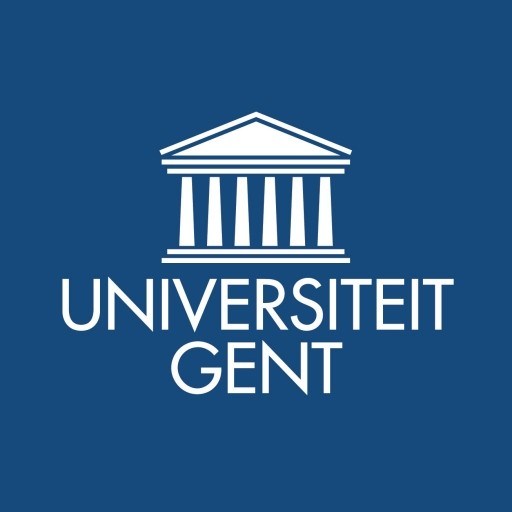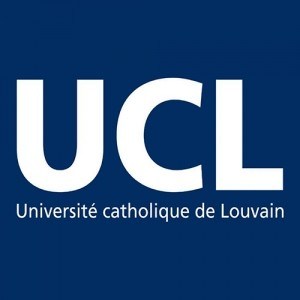Photos of university / #thefoundry_ugent
The joint International Master in Rural Development (IMRD), part of the European Commission's Erasmus Mundus JMDprogramme, offers the opportunity to become an international expert on rural development in its diversity of approaches and applications.
The IMRD master course programme, is a high level academic programme aimed at training top students from all over the world into specialists in integrated rural development, focussed on socio-economic and institutional aspects; not only from the European Union but also from developed, developing and transition countries outside the EU.
The IMRD master course programme is a 2 year master programme (120 ECTS) jointly organised by 16 worldwide leading universities in rural development and agricultural economics. The methodology consists of a combination of basic and specialised training in technical, economic and social sciences, a case study of one month, an individual master thesis and a high extent of student and scholar mobility.
Students need to subscribe to:
- at least 80 course credit units (maximum 92) during the 2 year programme. Courses need to be taken during the General Entrance module, and the Advanced modules I & II (obligatory modules). Students can, additionally, complete the course requirements by taking language courses, doing an internship, or choosing other elective courses.
- the case study (10 course credits - ECTS)
- the master dissertation (30 course credits - ECTS)
General conditions for the learning path, case study and master dissertation:
- Study at min. 2 EU institutes, others than the one where the last degree was obtained
- Start: General Entrance module at Ghent University
- Min. 54 credits in 1st year
- Approval curriculum: per semester, by local coordinator & IMRD Management Board
- Exceptions on approval of the Management Board only
- non-EU-students can study max. 3 months at a third country partner university (max.15 ECTS); EU-students can spend maximum 50% of the study programme in a third country partner university, eventually including master dissertation work
- Courses with reference A assure that the desired learning outcomes are attained. Unless the learning outcomes of the course(s) concerned have already been acquired, these courses are obligatory. If required, this will be tested by the local programme coordinator.
Requirements
- Applicants must have at least a Bachelor's degree of min. 3 year with good overall scores (at least a second class upper or equivalent).
- Applicants must be able to demonstrate through their transcripts basic science training in at least 5 out of 7 of the following fields: (i) Mathematics, including basic statistics; (ii) Physics; (iii) Chemistry; (iv) Biochemistry; (v) Biology; (vi) Microbiology; (vii) Engineering. Some background in aquaculture is recommended too.
- Language requirements:
The applicant must be proficient in the language of the course or training programme, i.e. English. The English language proficiency can be met by providing a certificate (validity of 5 years) of one of the following tests: (TOEFL/IELTS predictive tests and TOEIC will not be accepted)
- TOEFL IBT 80
- TOEFL PBT 550
- ACADEMIC IELTS 6,5 overall score with a min. of 6 for writing
- CEFR B2 Issued by a European university language centre
- ESOL CAMBRIDGE English CAE (Advanced)
Want to improve your English level for admission?
Prepare for the program requirements with English Online by the British Council.
- ✔️ Flexible study schedule
- ✔️ Experienced teachers
- ✔️ Certificate upon completion
📘 Recommended for students with an IELTS level of 6.0 or below.
Scholarships
- VLIR-UOS Scholarships
- Master grants
- University Development Cooperation Programme
- Erasmus Mundus



